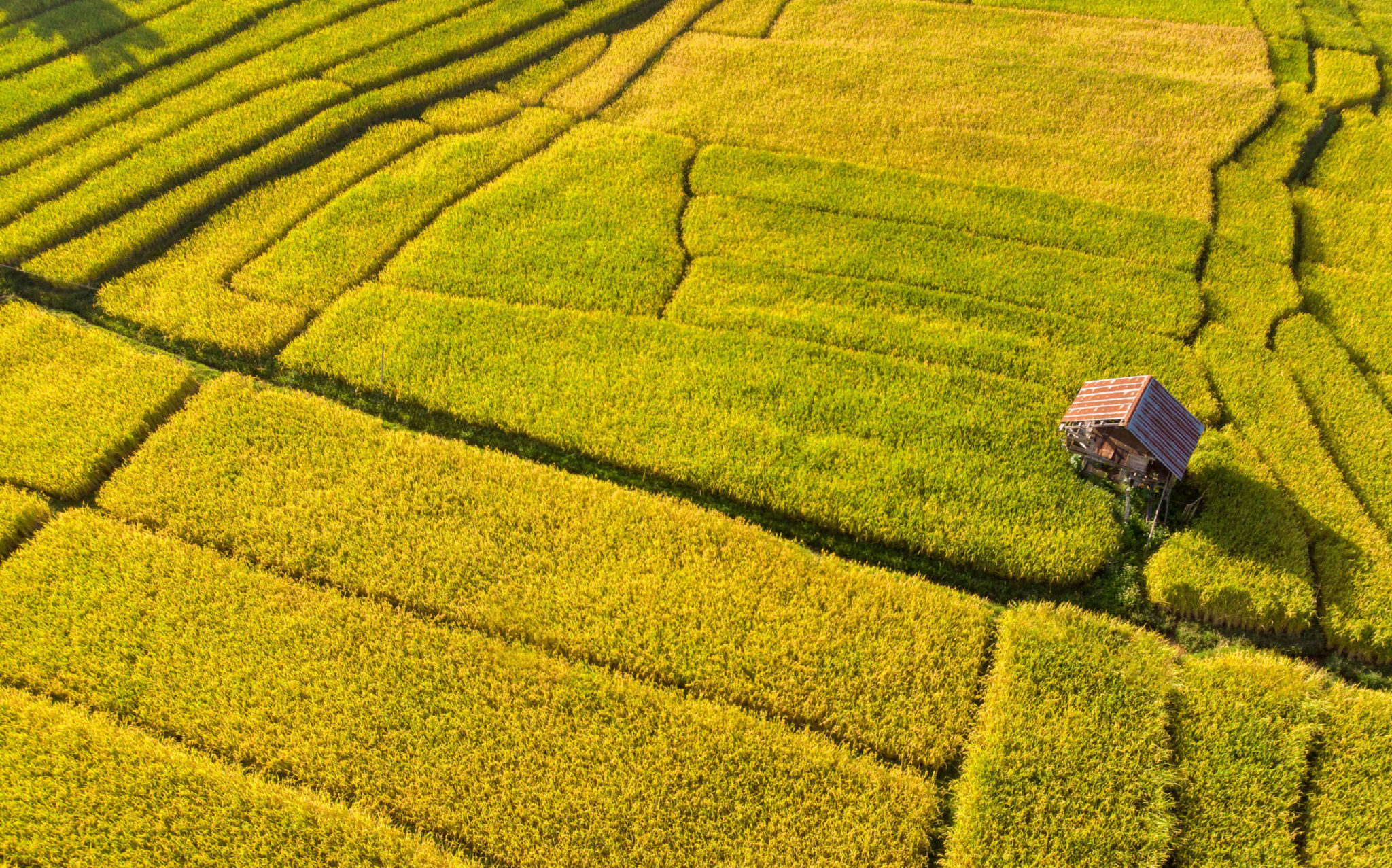What is primary production?
Primary production on a property is an individual, partnership, trust or company which operates a primary production business if they do either of the following on the land:
(a) Plant or animal cultivation, which includes:
- Cultivating or propagating plants, fungi or their products or parts in any physical environment; or
- Maintaining animals for the purpose of selling them or their bodily produce, including natural increase; or
- Manufacturing dairy produce from raw material that you have produced;
(b) Fishing or pearling –
- Taking or catching fish, turtles, dugong, beche-de-mer, crustaceans or aquatic molluscs; or
- Taking or culturing pearls or pearl shell;
(c) Tree farming or felling –
- Planting or tending trees in a plantation or forest that are intended to be felled;
- Felling trees in a plantation or forest;
- Transporting trees or parts of trees that you felled in a plantation or forest to the place –
- Where they are first to be milled or process
- From which they are to be transported to the place where they are first to be milled or processed.
What is aggregation?
Section 24 of the Duties Act 2000 (Vic) permits the aggregation of certain dutiable transactions when acquiring a property with multiple titles. Where separate transfers form “substantially one arrangement” they are to be assessed for duty on an aggregated basis. The result of aggregation is that a higher rate of duty can apply to the dutiable value of the entire property.
Can I transfer a family farm property to another family member?
Section 56 of the Duties Act 2000 (Vic) provides for the transfer of family farm property to relatives. If the property forms part of a family farm, then the transfer may be determined to be exempt from stamp duty in accordance with section 56. Certain requirements relating to the land are required to be satisfied:
- The property is used for primary production purposes;
- The property is:
- Entirely outside of greater Melbourne; or
- Entirely or partly within greater Melbourne but not within an urban zone;
- A familiar link is required to be established between the transferor and the transferee to the transfer.
What is the young farmers stamp duty concession?
If you a young farmer and you are purchasing your first farmland property in Victoria, then you will be entitled to an exemption or concession on stamp duty. You must satisfy certain criteria to be eligible for the exemption or concession, which are as follows:
- You must be under the age of 35 on the day the Contract is signed;
- The property must be farmland property;
- The property must be both yours and your partner’s first farmland property;
- The value of the property must not exceed $750,000.00; and
- You must be carrying on, and intend to carry o, a business of primary production.
If you or your partner have owned another property (non-farmland property) previously, then you will still be eligible for the young farmers’ exemption or concession.
The purchase price of the property will depend on whether an exemption or concession is applied to the calculation of stamp duty.
There are numerous conditions that may disqualify you from the exemption or concession, so it is imperative you determine your eligibility before you intend to purchase a farmland property.
The transfer of farmland property which constitutes multiple parcels of land is treated by the State Revenue Office than a single parcel of land.
If you purchase farmland that you intend to be your principle place of residence, you may also be entitled to a PPR concession. It is important to note your will not be entitled to both concessions, so you will need to determine which concession is the most cost effective in the circumstances.
